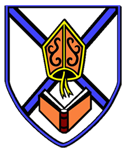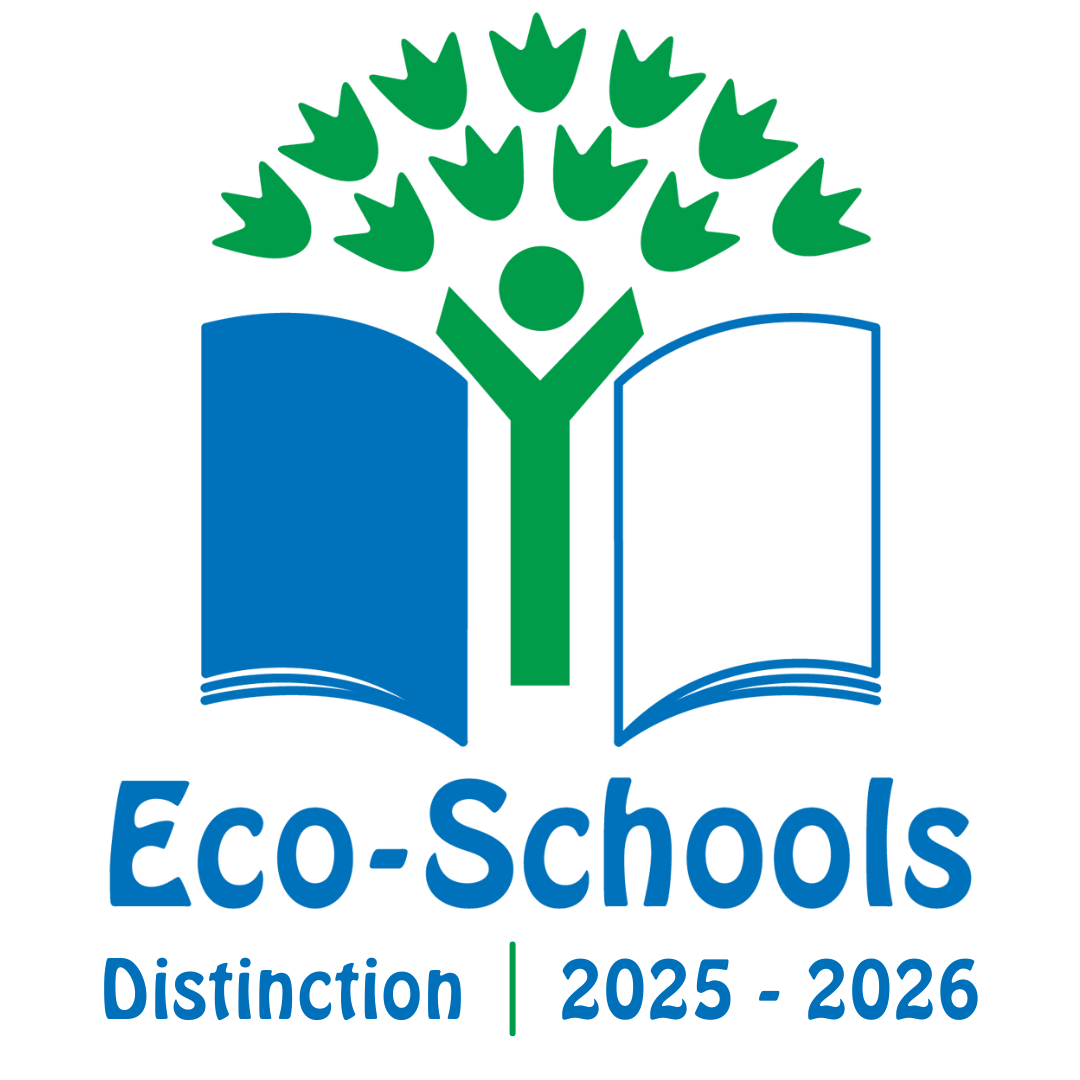Forest School
"It seems to me that the natural world is the greatest source of excitement; the greatest source of visual beauty; the greatest source of intellectual interest. It is the greatest source of so much in life that makes life worth living." Sir David Attenborough
The national curriculum states ‘Learning in the real world outside the classroom, including through outdoor learning, educational visits, residential experiences, and adventure activities, is an effective way of meeting the demands of the National Curriculum, and of preparing young people for life beyond school’
through outdoor learning, educational visits, residential experiences, and adventure activities, is an effective way of meeting the demands of the National Curriculum, and of preparing young people for life beyond school’
The Council for Learning Outside the Classroom states that “LOtC should not be about a once-a-year school trip, but about frequent, continuous and progressive opportunities to learn outside the classroom that build on knowledge and skills gained during previous experiences both inside and outside the classroom” (LOtC – The OfSTED perspective)
Intent
Forest School is a holistic programme that offers a unique experience for children in a natural environment. Children’s confidence grows when they are given the freedom, time and space to learn outside the classroom and this allows them to demonstrate their independence, build their resilience and promote their self-esteem, well-being and social skills.
During their sessions, children will build respect for the environment and learn how their actions can create and shape an outdoor space.
Implementation
At Thomas A Becket Junior School we have an outstanding and stunning Forest School site in a secluded spot on the school grounds, offering pupils the opportunity to be at one with nature.
 Forest School is linked and woven into our curriculum across all year groups and children can develop their skills and knowledge to see how concepts learnt in class can be applied outdoors, whether it’s understanding the properties of shapes, doing science practicals, cooking around the campfire, learning the meaning of words through woodland stories and poems or expanding on their communication and talk skills through team building activities.
Forest School is linked and woven into our curriculum across all year groups and children can develop their skills and knowledge to see how concepts learnt in class can be applied outdoors, whether it’s understanding the properties of shapes, doing science practicals, cooking around the campfire, learning the meaning of words through woodland stories and poems or expanding on their communication and talk skills through team building activities.
Impact
We believe Forest School inspires a connection to the natural environment where children can work collaboratively and independently to achieve an outcome in a unique way.
We see the impact of the subject in the following ways:
- Increasing children's self-belief, confidence, learning capacity, enthusiasm, communication, problem-solving skills and emotional well-being
- Children take reasonable risks and develop resilience
- Children develop physical stamina and their gross and fine motor skills by making objects and structures
- Children show increased focus, attention skills improve and they build self-esteem through hands-on learning experiences
Teaching and Learning
Year 3 children hold a class discussion after tasting two different soups linked to their Stone Age topic, one cooked in the Cooking and Nutrition room using a modern recipe and one over a campfire using basic ingredients that the Stone Age people would forage. This allows for open conversations about how their soups taste and encourages children to use their talk skills to express their thoughts and learn to appreciate others’ ideas and opinions.
Learning outside the class inspires creativity through our art-based activities. Children can create large pieces of work using natural resources. In year 4, children make their own paint using natural materials, herbs, and spices to create bespoke colours which are then used to paint woodland pictures linked to their topic work.



Year 5 children continue to develop their understanding of their Mayan topic by taking the knowledge they have learned in class and applying it to Forest School where they can build face sculptures, create headdresses and design necklaces. They learn that Mayans cut down forests to build their homes and children create these using poles, stumps and tarps.
"Forest School is one of my favourite lessons. We have the opportunity to re-enact what it was like during the Saxon times."
"At Forest School, I created a Saxon settlement! I loved learning about this topic in class and then creating my very own camp outside!"



In year 4, children undertake some of their science lessons in Forest School and make wetlands using leaves, mud, sand, stones and gravel which supports their learning and the concept of filtration. At the end of the session, the class gathers around the fire circle to evaluate their filters and share their experiences. This is then extended into their following sessions in year 6, where they learn survival skills.
"In science, we were learning about the word aerodynamic. At Forest School, we tested different leaves and sticks to see how fast they fell to the ground."
In Year 6, children bring together everything they’ve learned throughout their Forest School journey to take part in our exciting Survival Skills sessions. Pupils learn to build fires, cook outdoors over a campfire, create shelters and take part in a range of hands-on survival challenges. These sessions inspire confidence, strengthen collaboration, and prepare children with skills they’ll carry for life.


The above concepts continue throughout all year groups and topics, where children can continue to develop their skills. As planning is progressive in our curriculum during their time at Forest School, this ensures children can develop and evolve their skills, by learning through knowledge-based activities, sharing good practices during discussion times and supporting others in developing their understanding. Forest School builds on our subjects and topic work through many curriculum areas such as art, science, maths, DT, cooking, and English.

Sticks are a pathway to imaginative learning leading to novels, creative art, scientific breakthroughs, musical melodies and much more. Look how important this stick is!
Assessments
In Forest School, we use fire circle discussion time, class and regular individual reflections, evaluations and verbal feedback to assess children's understanding. During sessions, we can observe and access how children use their class-based knowledge in their outdoor activities.
Pupil Leadership
Children in Year 5 have the opportunity to become Forest School Assistants. This is an exciting leadership role that gives those selected the chance to support the learning experienced in our outside Forest School environment. This role has the potential to develop confidence, a sense of responsibility, problem-solving skills, organisation of themselves and others and the ability to assess risks.
What Roles and Responsibilities do they have?
Forest School Assistants are involved in helping to set up activities before the start of the session and help to pack away at the end, ensuring the area is left without having a negative impact on the environment and animals that live within our site. Forest School Assistants have the chance to share and demonstrate their skills and knowledge as they are buddied up with classes, where they play an important role in supporting, encouraging, and assisting children.
Above all, they are expected to be excellent role models, ensuring others make the most of their learning experiences and remain safe at all times.
Forest School Assistants proudly wear their pin badges which help to identify them.
"I love the responsibility of being a Forest School Assistant. It is nice to help the children learn new skills whilst they are at Forest School."
Health and Safety
We believe Forest School enables the children the opportunity to manage their own risk in a safe environment, which helps build their knowledge of real-world issues, shows them how to cope in challenging situations and how to control their emotions by building resilience and self-belief.
All tools used by the children are risk-assessed and used alongside our Forest School Leaders
Weather
Forest School will not go ahead if the conditions are deemed dangerous such as high winds, thunderstorms, or periods of extreme cold. We will use the BBC weather online forecast to make judgements about the expected conditions.
















